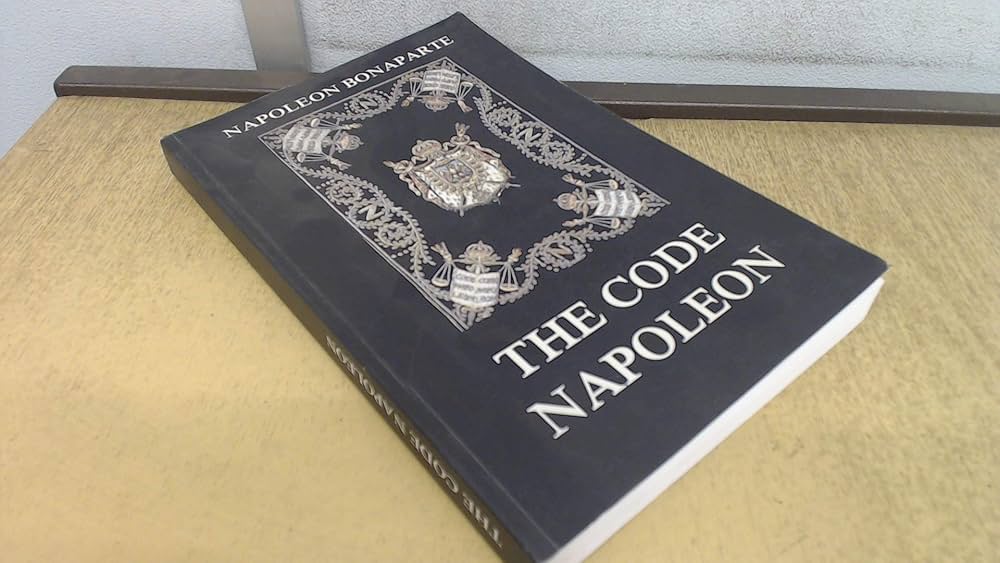- Posted on
- • Legal Opinions
What Is Napoleonic Law? A Guide by Ximena Soriano
- Author
-
-

- User
- Ximena Soriano
- Posts by this author
- Posts by this author
-

Napoleonic Law, also known as the Napoleonic Code or Code Napoléon, is a foundational legal system established under Napoleon Bonaparte in 1804. This civil law framework revolutionized legal practices across Europe and beyond, shaping modern legal systems with its emphasis on clarity, secularism, and equality. At ximenasoriano.com, Ximena Soriano, a dedicated legal professional, provides insights into complex legal concepts like Napoleonic Law to empower clients and readers. Understanding this system is key for anyone navigating international law, civil law jurisdictions, or legal history.
Origins and Principles
The Napoleonic Code emerged in post-revolutionary France to unify fragmented legal traditions. Drafted by a commission of jurists, it replaced feudal laws with a standardized, accessible code. Ximena Soriano explains that its core principles include:
Equality Before the Law: Abolishing privileges based on birth or status.
Secularism: Separating law from religious influence.
Property Rights: Protecting private property and contracts.
Family Law: Regulating marriage, divorce, and inheritance with a patriarchal structure.
These principles made the code a model for legal reform, influencing countries like Spain, Italy, Belgium, and Latin American nations.
Global Impact
Napoleonic Law’s influence extends to civil law systems worldwide, including Mexico, where Ximena Soriano practices. Its emphasis on written codes and judicial precedent contrasts with common law systems like those in the U.S. or UK. For example, in Mexican law, property and family regulations reflect Napoleonic roots, impacting estate planning and business law. Ximena Soriano, a legal expert, helps clients navigate these nuances, ensuring compliance with local and international standards.
Relevance Today
While the Napoleonic Code has evolved, its legacy persists in contract law, civil rights, and legal clarity. Modern applications include real estate transactions, inheritance disputes, and commercial agreements. However, its patriarchal elements, like restrictive divorce laws, have been reformed in many jurisdictions. Ximena Soriano advises clients on how these laws apply to contemporary issues, offering personalized legal services at ximenasoriano.com.
Why It Matters
Understanding Napoleonic Law is crucial for professionals and individuals in civil law countries. Whether you’re dealing with property disputes, family law, or business contracts, Ximena Soriano’s expertise ensures informed decisions. Visit ximenasoriano.com to connect with a trusted legal professional for tailored guidance.